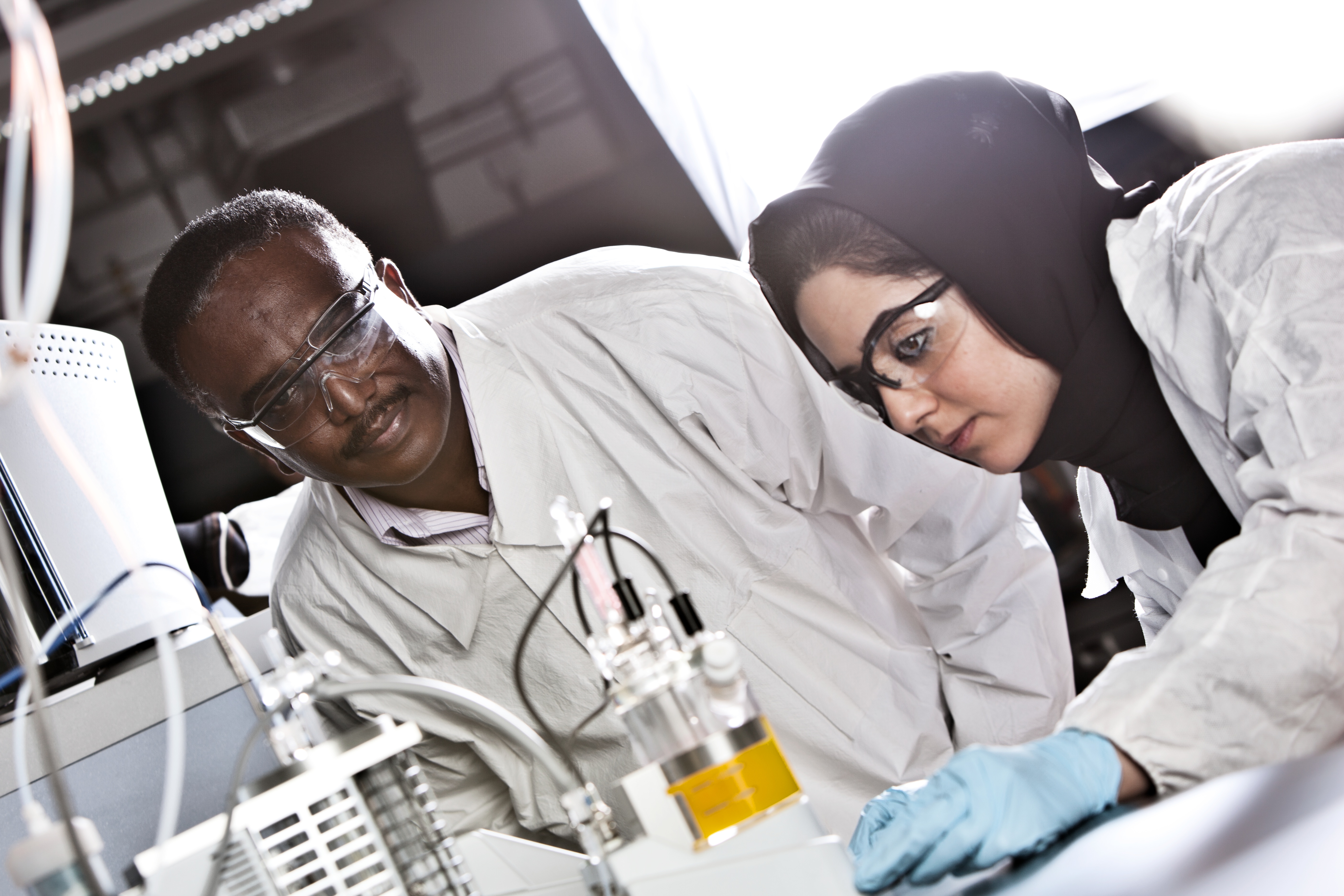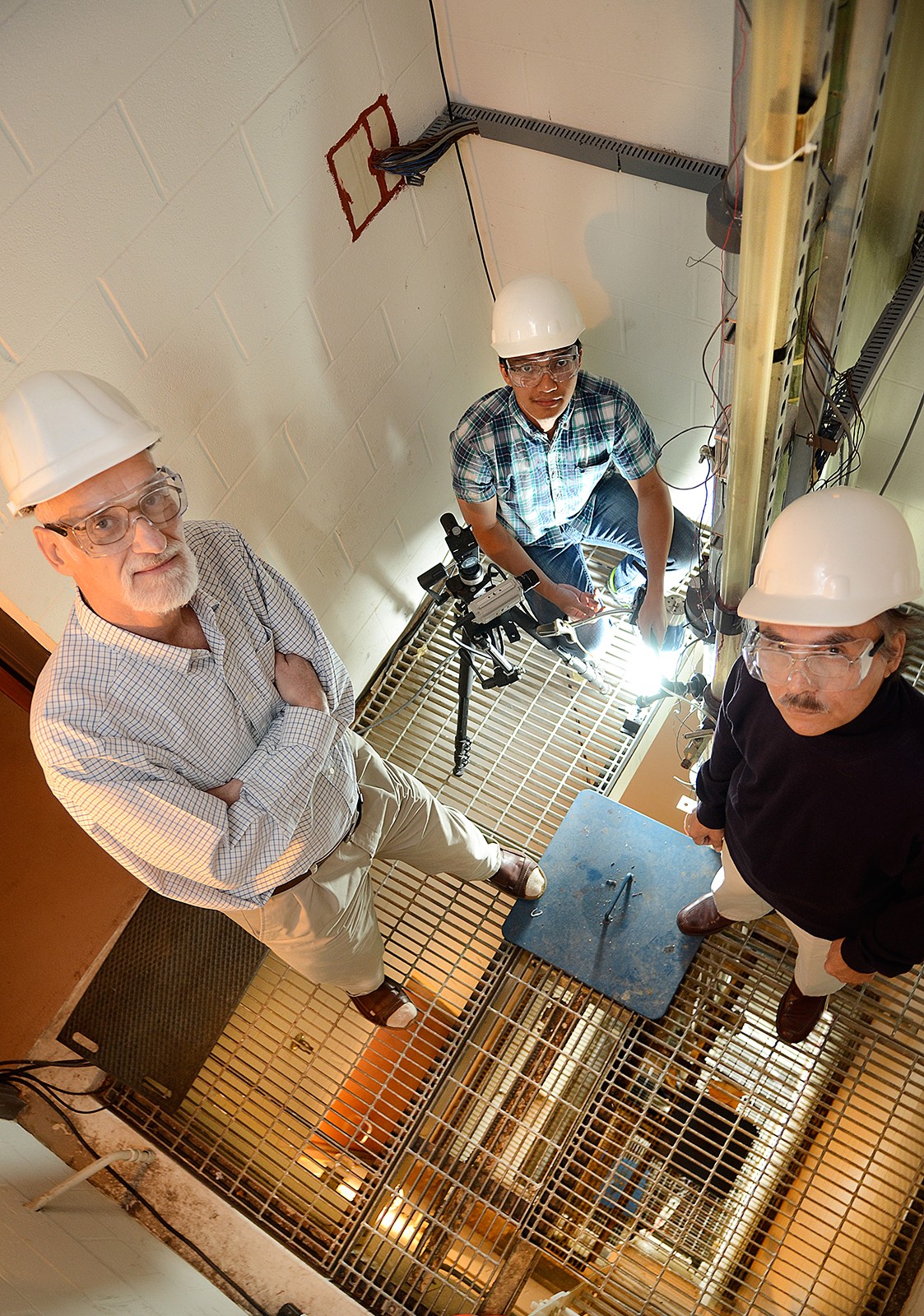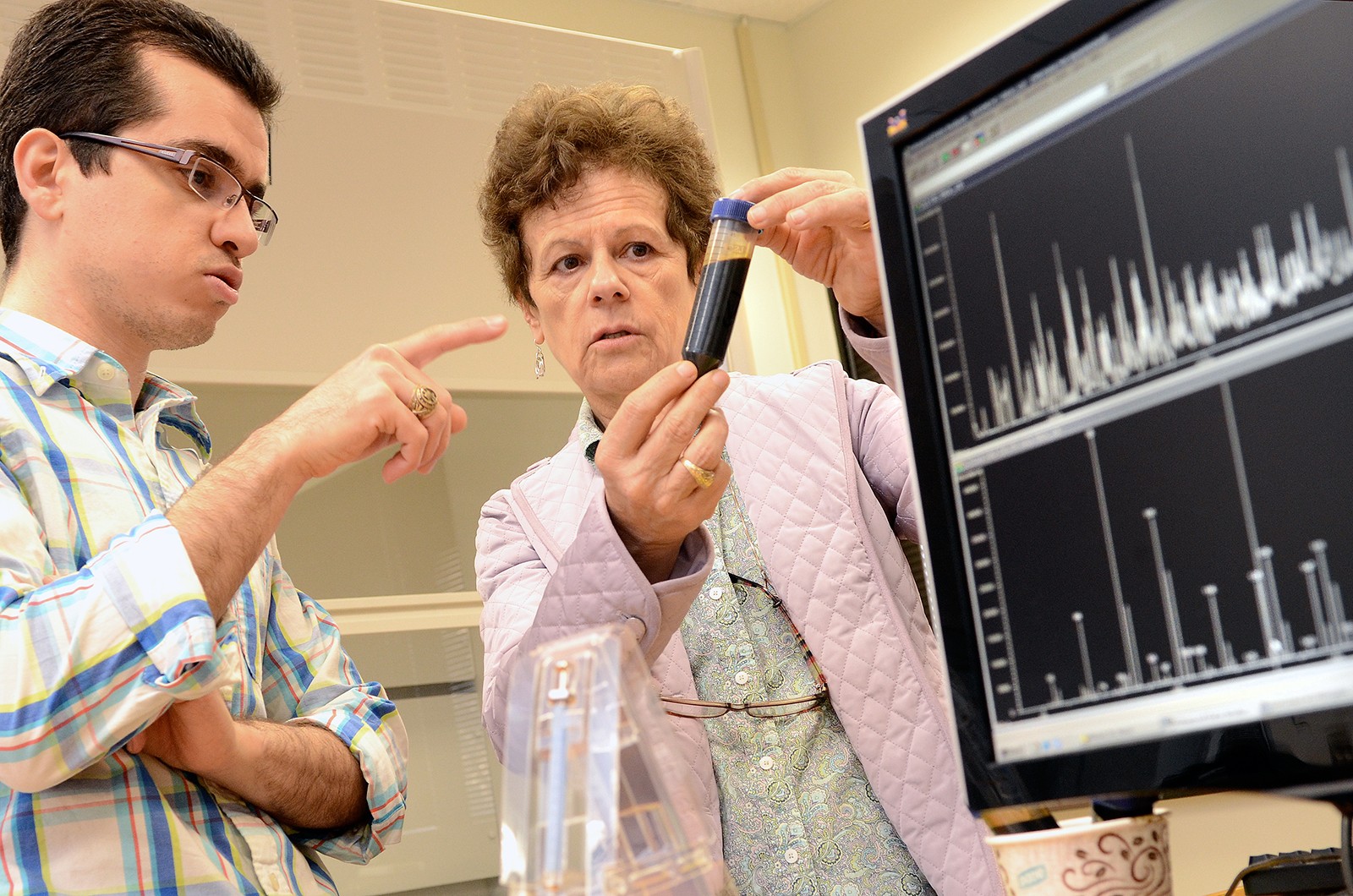The GFRC’s research activities span a broad spectrum of upstream and downstream systems for gas and fuels. The upstream research includes experimental and theoretical methods for reservoir simulation, gas and petroleum flow through production systems, and optimization of the life cycle of a well or a whole field. The downstream research includes catalysis, reaction engineering, thermodynamics, transport phenomena, and process systems engineering. The following are examples of specific research topics:
- Development of novel catalysts for GTL.
- Design of advanced reactor technologies for Fischer Tropsch Fuel blending.
- Experimental assessment, design, and optimization of reforming systems for syngas production.
- Hydrogen production and purification.
- Experimental measurements and theoretical prediction of natural/shale gas properties.
- Computer-aided simulation of gas processing systems.
- Process integration and optimization of hydrocarbon processing systems.
- Fuel characterization, blending, and enhancement of properties.
- Experimental testing of internal combustion engines for synthetic fuels.
- Optimization of LNG processes.
- Carbon capture and sequestration.
- Molecular-based models for the prediction of thermodynamic and transport properties of CO2.
- Development and validation of analysis and design of materials using first-principles computational methods.
- High efficiency turbo-machinery for gas processing.
- Decarbonization and energy transition
- Energy – water – food nexus for natural gas based processes
- Sustainability and resilience assessment of hydrocarbon technologies and pathways
- Assessment of advanced continuous manufacturing transition
- Social and environmental impact assessment
- Disaster resilience for place-based impacts of gas and fuels supply chains



The aforementioned research activities play a major role in aiding the fundamental understanding of existing systems, creation of novel technologies, and sustainable development of gas and fuels systems.
